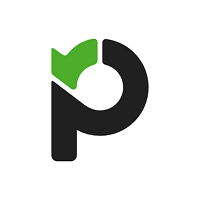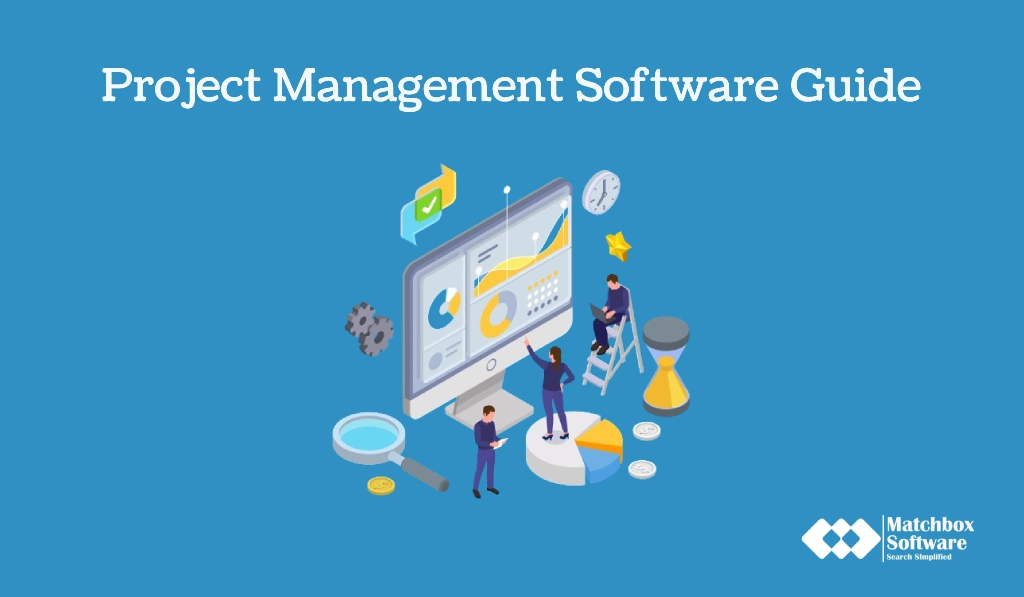Best Project Management Software
The best project management software offers seamless collaboration, robust task tracking, and advanced analytics to streamline project workflows and enhance productivity. This software empowers teams with intuitive interfaces, AI-driven insights, and customizable features, revolutionizing the way projects are planned, executed, and monitored.
Featured Softwares
List of 10 Best Project Management Software
Have Questions? We can help!
Get personalized recommendations from our experts on call!
Top Trending Softwares

Paymo
Paymo is a web-based software designed to streamline project management, especially for small and medium businesses
Table of Contents
What Is Project Management Software?

Project management software is a versatile tool designed to help businesses and individuals manage projects, tasks, and schedules. Whether you’re orchestrating a large-scale construction project or organizing a team of creative professionals, this software streamlines your workflow and keeps everything on track. Let’s delve into the details:
Benefits of Project Management Software:
So, what are the benefits of using project management software?
- Collaboration: Picture a virtual hub where team members can easily communicate, share updates, and collaborate on tasks. Project management software provides just that, fostering teamwork and ensuring everyone stays on the same page.
- Task Management: No more sticky notes or scattered to-do lists. With project management software, you can create, assign, and track tasks effortlessly, helping team members stay organized and focused.
- Planning and Scheduling: Gone are the days of juggling multiple spreadsheets to create project plans. Project management software offers planning and scheduling features that allow you to define milestones, set deadlines, and allocate resources efficiently.
- Effective Resource Allocation: Say goodbye to resource shortages or overloads. Project management software provides insights into resource availability and workload, enabling managers to allocate resources wisely and prevent bottlenecks.
- Real-Time Project Tracking: Keep tabs on project progress with real-time tracking features. Visualize project status, monitor milestones, and measure task completion with ease.
- Document and File Management: No more digging through emails or shared folders to find the latest version of a document. Project management software centralizes document storage, making it easy to collaborate on files and maintain version control.
- Communication: Smooth communication is the backbone of any successful project. Project management software provides channels for real-time messaging, email notifications, and discussion forums, keeping everyone informed and engaged.
- Reporting and Analytics: Make data-driven decisions with robust reporting and analytics features. Track project performance, identify trends, and spot potential risks before they escalate.
- Scalability and Flexibility: Whether you’re managing a small team or a large-scale project, project management software can adapt to your needs. It offers scalability and flexibility, allowing organizations to customize workflows and processes according to their requirements.
- Integration with Other Tools: Streamline workflows by integrating project management software with other tools and platforms such as communication tools, time-tracking software, and file storage systems.
Features of Project Management Software:
Now, let’s talk about the features you should look for in top project management software:
- Collaborative Calendar: Keep track of meetings and deadlines with a shared team calendar synced with popular calendar tools like Outlook and Google Calendar.
- File Sharing: Share documents and files effortlessly, ensuring everyone has access to the latest information.
- Team Dashboards: Provide team members with a centralized dashboard displaying project metrics and key performance indicators.
- Enhanced Visibility: Centralize project data for easy access and visibility, minimizing time wasted on searching for information.
- Customizable Reports: Generate customizable reports tailored to your organization’s needs, covering expenses, budgets, and team performance.
- Virtual Dashboard: Access a user-friendly dashboard offering an overview of tasks, issues, and project statuses.
- Project Planner: Simplify project planning and task assignment with intuitive project planning tools.
- Time Tracking: Track project timelines and monitor resource usage with built-in time tracking features.
- Expense Tracking: Keep tabs on project expenses and budgets, preventing overspending and ensuring financial transparency.
- Integration with Other Tools: Seamlessly integrate project management software with other tools and platforms to streamline workflows and enhance productivity.
When choosing project management software, consider factors like your organization’s specific requirements, user reviews, and pricing. Ultimately, the right project management software can revolutionize your team’s productivity and collaboration, making every project a success.
Factors to Consider When Choosing Project Management Software:
Before diving into the software options, let’s discuss the key factors to keep in mind:
- Performance: Look for software that aligns with your project management goals. Does it handle large-scale projects efficiently? Is it user-friendly? Consider how it performs under pressure.
- Security: Protecting your data is crucial. Ensure that the software complies with security standards and offers features like role-based access control and encryption.
- Pricing: Evaluate the cost-effectiveness. Some tools offer tiered pricing based on team size or features. Consider your budget and scalability.
Who Uses Project Management Software?
Project management software caters to a diverse audience:
- Businesses of All Sizes: From startups to multinational corporations, everyone benefits.
- Nonprofits: For orchestrating volunteer efforts and community projects.
- Educational Institutions: To develop academic programs and manage campus initiatives.
- Freelancers and Small Business Owners: Juggling multiple clients? This tool keeps you organized.
Effective project management is crucial for streamlining business operations. It removes obstacles, distractions, and redundancies, ensuring smoother workflows. Proper project management helps control project timelines and budgets, benefiting every aspect of a business.
The ideal project management software depends on your project’s needs, team size, collaboration requirements, security, automation, and file storage needs. Consider factors like budget and visibility when choosing the right tool for your organization.
Yes, project management methodologies can be adapted to any company, regardless of size or industry. Assess your project constraints, existing processes, and flexibility to determine the most suitable approach for your team.
Absolutely! Teams can use hybrid project management, combining traditional (Waterfall) and Agile approaches. In a hybrid model, planning methods from traditional PM are used, while individual tasks follow Agile principles. This approach allows flexibility while maintaining the structure of traditional PM.
Yes, modern project management often involves remote work. To collaborate effectively, set clear expectations, establish communication norms, and invest in the right tools. Explore remote collaboration tools to enhance your team’s productivity.

